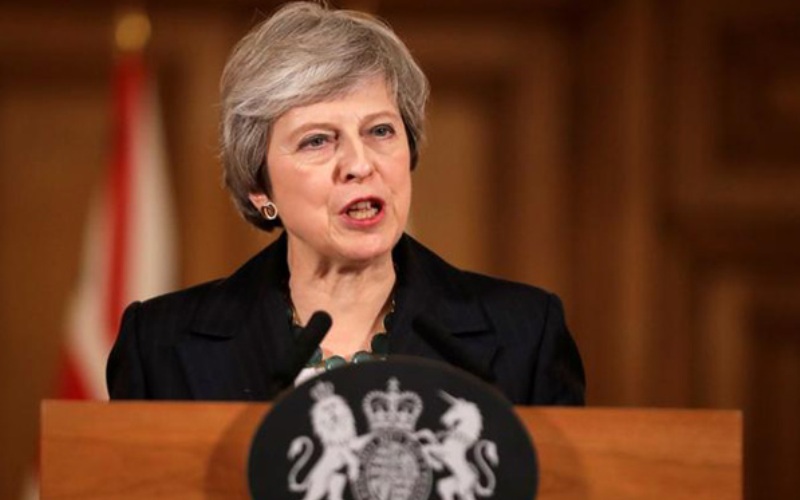London: Opposition Labour Party leader Jeremy Corbyn on Wednesday (local time) tabled a no-confidence motion against Prime Minister Theresa May after she suffered a humiliating defeat as her controversial Brexit deal plan was voted down by the MPs at the House of Commons by a resounding majority of 230.
Before going for voting over the deal, Corbyn, leader of the Labour Party, took to Twitter, saying: “Theresa May’s deal is bad for our economy, for our democracy and for the country. Labour will vote against it tonight.”
The opposition leader further stated that Prime Minister May has “reached the end of the line” and therefore, it is time to call for general elections in the country.
“If Theresa May’s botched deal is defeated today she’ll only have herself to blame after two wasted years negotiating with her cabinet and her bickering backbenchers instead of the European Union (EU). We need an election to have the chance to vote for a government that can bring people together,” Corbyn added.
According to CNN, the Brexit deal, that allows the United Kingdom to leave the European Union, was voted down by 432 votes to 202, the worst defeat for any sitting government in the UK. Around 118 Conservative Party MPs voted against May’s Brexit plan.
After her deal was rejected by the UK Parliament, May said that she would hold talks with other parties on finding an ultimate resolution that would be acceptable to all. During the heated debate on the deal, the British Prime Minister, in a last-ditch attempt, urged the parliamentarians to put party politics aside and think about the future.
Corbyn, during the debate, criticised the deal, calling it “botched and damaging” and urged the MPs in the House to vote against the deal.
May, who dismissed the prospects of a second Brexit referendum, had halted the parliamentary vote on the deal on December 10 last year to put forth concerns voiced by the MPs with her European counterparts. She also survived a previously held no-confidence motion initiated by her disgruntled lawmakers of the Conservative Party over her handling of the Brexit negotiations.
According to the withdrawal agreement, the UK is scheduled to leave the bloc on March 29, 2019, after which it will move into a 21-month long transitional period with the EU.
[source_without_link]ANI[/source_without_link]

